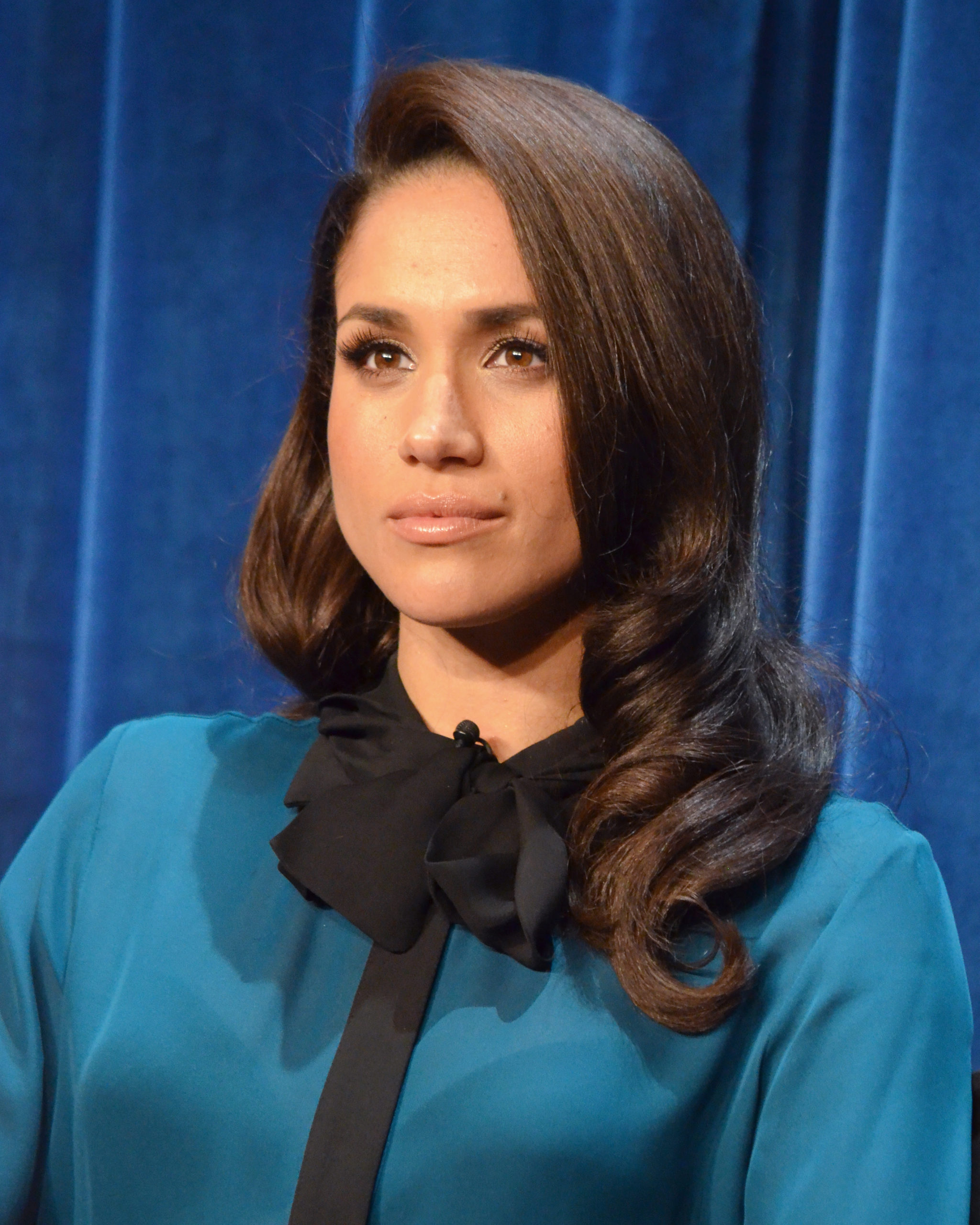On Monday evening the world watched as two women sat down on a global stage to discuss race, mental health, the media, and the monarchy. This discussion has sparked widespread conversations, resignations, and rebuttals. It was the interview that shocked the world, however on reflection, the trials of Meghan Markle and her Prince should not be so surprising.
The comment from the Interview which has sparked the most controversy relates to concerns raised within the Royal Family over how dark the then unborn Archie’s skin would be. The monarchy, an ancient institution built on principles of good breeding and a superior bloodline, has historically suppressed any situation which could be said to ‘taint’ this bloodline. The Queen’s own first cousins Katherine and Nerissa Bowes-Lyon, born with learning difficulties, were placed in a mental hospital when young and, it has been suggested, purposefully unacknowledged by the family. It is devastating but perhaps unsurprising that issues of superiority, bigotry and racism continue to plague the family.
Furthermore, one need only glance at the notorious Panorama Interview with Diana to instantly draw parallels. Here are two women, let down and abandoned by the Institution, left to the scourge of the British tabloids, reclaiming their voice. It would appear this country and its media has learnt nothing since. However, as pointed out in the Interview, Meghan Markle’s situation was made inherently more insidious by race.
Race formed an important overarching anchor of the interview. Prince Harry drew attention to the colonial undertones in much of the coverage which hounded Meghan Markle and expressed his regret that the Royal Family had not spoken out in her defence. This is a narrative we have heard too many times. A woman of colour in a prominent, public position, being pulled down and silenced. It is a cycle too often met with wilful ignorance to the systemic racism that lurks beneath.
Then came some of the most emotional revelations, detailing Markle’s own struggles with mental health and suicidal thoughts. These comments were met with personal attacks from Piers Morgan who has since resigned his position as Good Morning Britain co-host after receiving 41,000 Ofcom complaints. To reach out and ask for help only to be denied, and then for your testimony to be dismissed, is a situation many hoped we had moved past in 2021.
On closer inspection this interview was perhaps not filled with shocking revelations. Instead, it shined a light on issues in this country that many already know to be true. The Royal Family is built upon the superiority of blood, which often reveals deep seated racism and colonial attitudes. Access to mental health support in this country is underfunded and often paved with prejudice and difficulty. Racism in Britain continues to plague society and often manifests itself in the tabloid media.
The Daily Mirror labelled the interview “the worst Royal crisis in 85 years”. For an Institution which recently faced allegations of sex abuse within their own ranks, a woman speaking out about the struggles she faced and the racism she endured can hardly be compared. The crisis that does need to be examined is that of British society and the damaging structures, beliefs and attitudes that have embedded themselves into our culture, our media, and our monarchy.
Isobel Broadhurst
Image source: Wikimedia Commons

